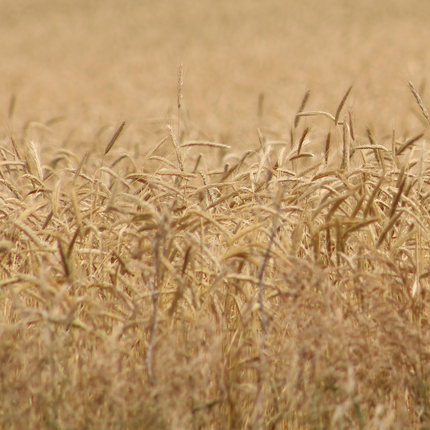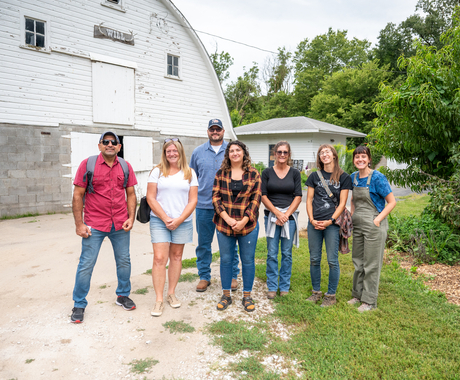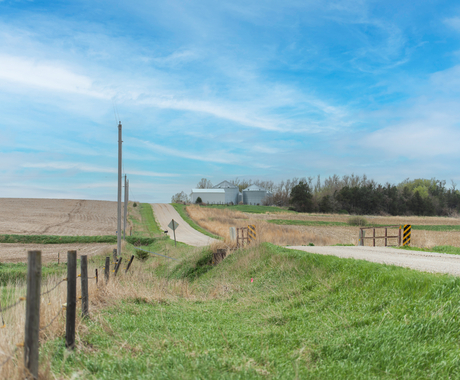Teresa Hoffman, senior communications associate, [email protected], 402.687.2100 ext. 1012.
LYONS, NEBRASKA – As farmers start to wrap up harvest and think about next year’s crop, the Center for Rural Affairs has released a new resource guide to inform producers who grow small grains about crop insurance options.
“Many farmers are familiar with their options for crops such as corn and soybeans, but less are familiar with their options for crops such as wheat, oats, barley, and rye. This resource attempts to address that uncertainty,” said Kate Hansen, a Center policy associate and author of the guide “From Seed to Secured: Crop Insurance for Small Grains.”
The reasons some Midwest and Great Plains farmers opt to grow small grains range from conservation benefits to the requirements of organic certification to local markets they have identified. However, while small grains do have benefits on the landscape, they come with associated risks.
“All producers have one thing in common—the need to manage risk,” Hansen said. “For some, crop insurance is a big part of that equation. For others, it is simply one of many tools in the toolbox. Whatever the situation, it is important to be informed to make the best decision for your operation.”
The guide includes information about:
- The availability of established Multi-Peril policies for small grains.
- What to do if there is not an available Multi-Peril policy in your county.
- Interviews with a farmer and crop insurance agent.
- A special option, or “endorsement,” available for malting barley.
- Whole Farm Revenue Protection.
- A brief overview of the landscape of private policies offered by crop insurance agents.
Information included will be helpful for both organic and conventional producers, Hansen said.
To view “From Seed to Secured: Crop Insurance for Small Grains,” visit cfra.org/publications. Farmers with questions ahead of the sales closing date to buy crop insurance for next year, which for many crops is March 15, can reach out to [email protected], or call 515.215.1294.





